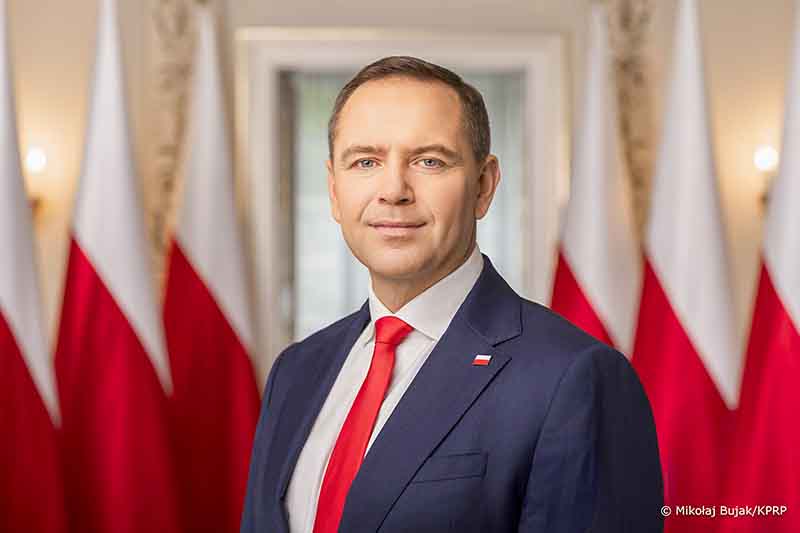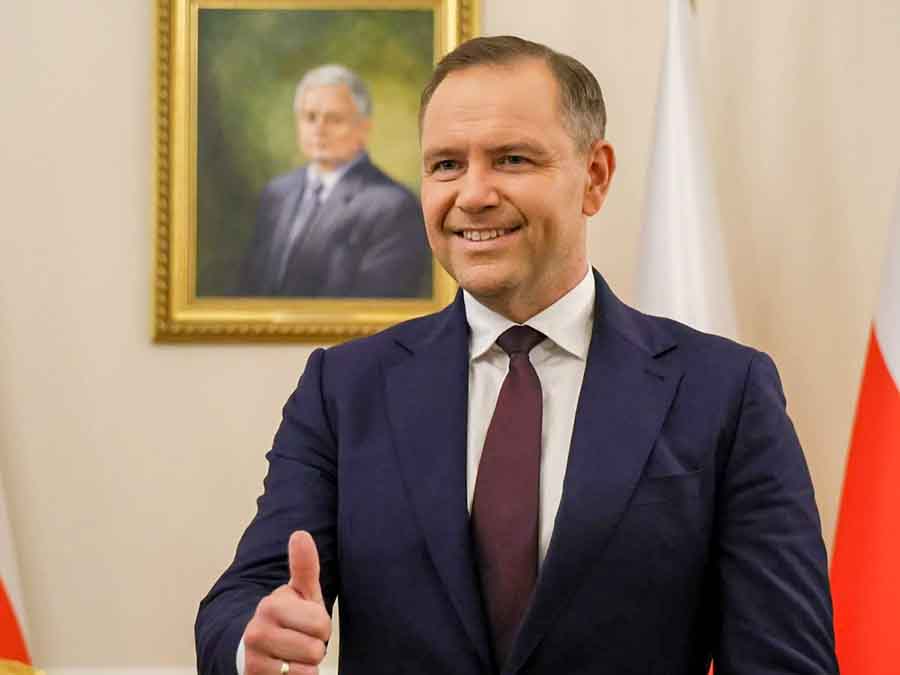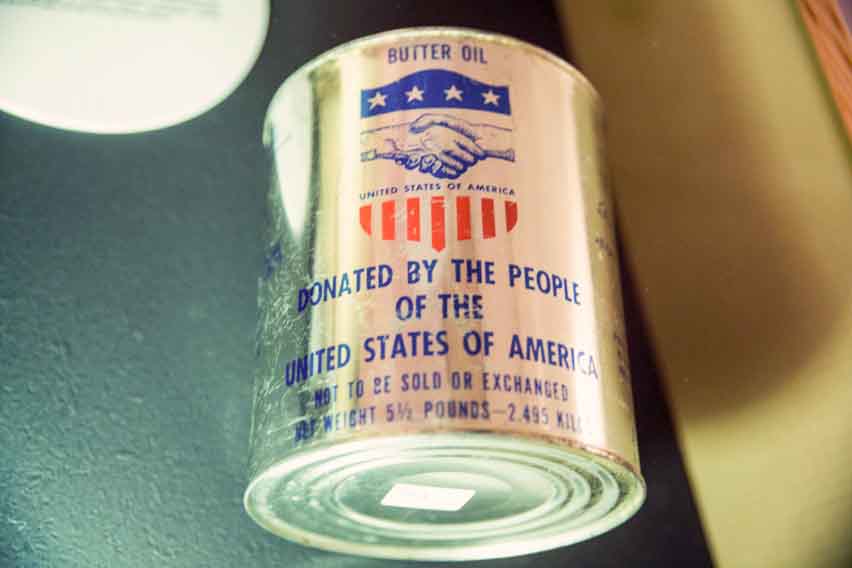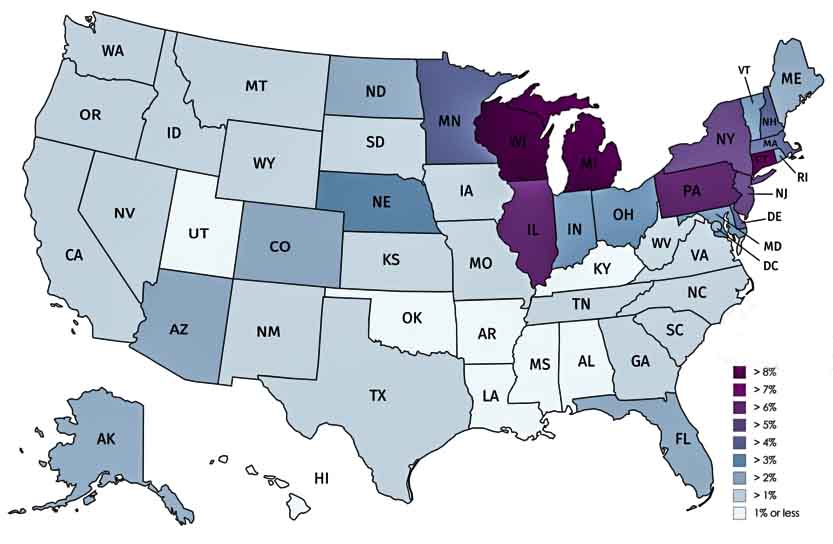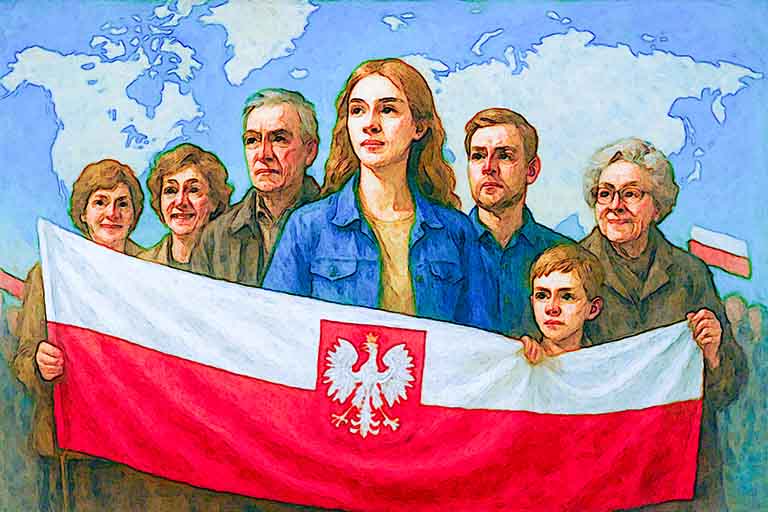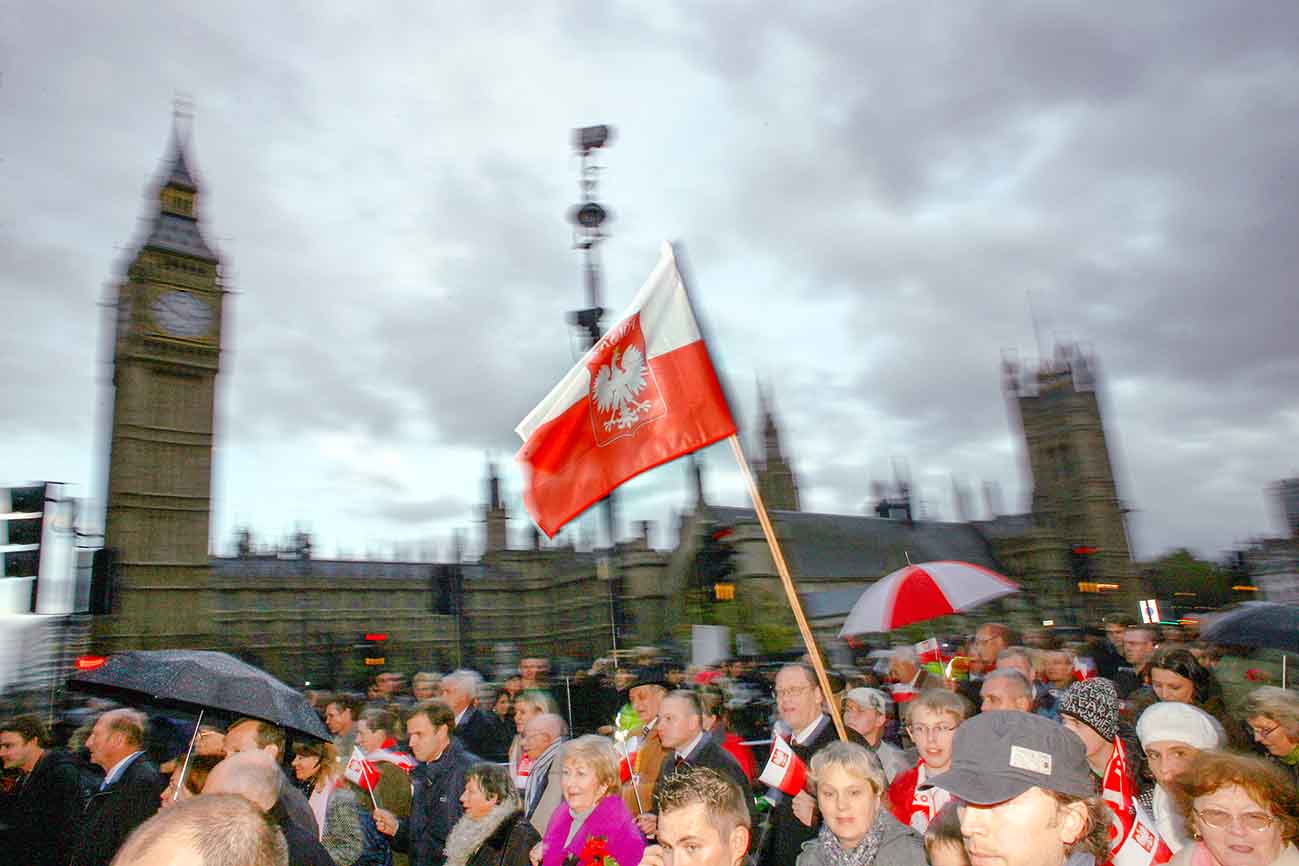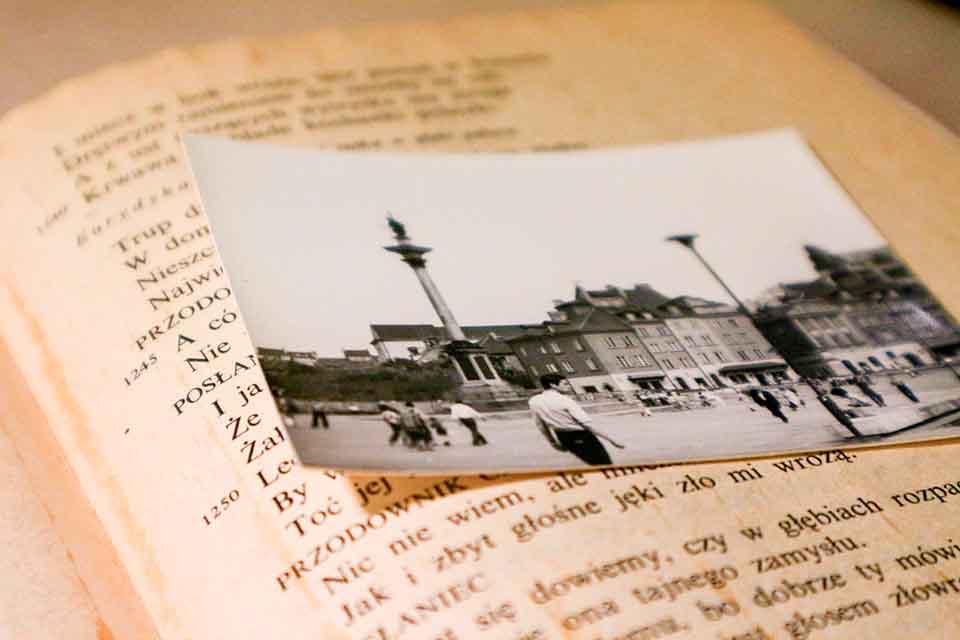Do you remember the economic boom in Ireland? In 1982, the prestigious "The Economist" published a report on poor Ireland under the title: "The poorest among the rich". In 1998, the same magazine presented Ireland again - this time with the title: "The star of Europe!"
How is it possible that a country that in the 1980s had a public debt of 150 percent of GDP and unemployment of 17 percent, became the economic tiger of Europe? It owes this to effective and efficient work with its diaspora.
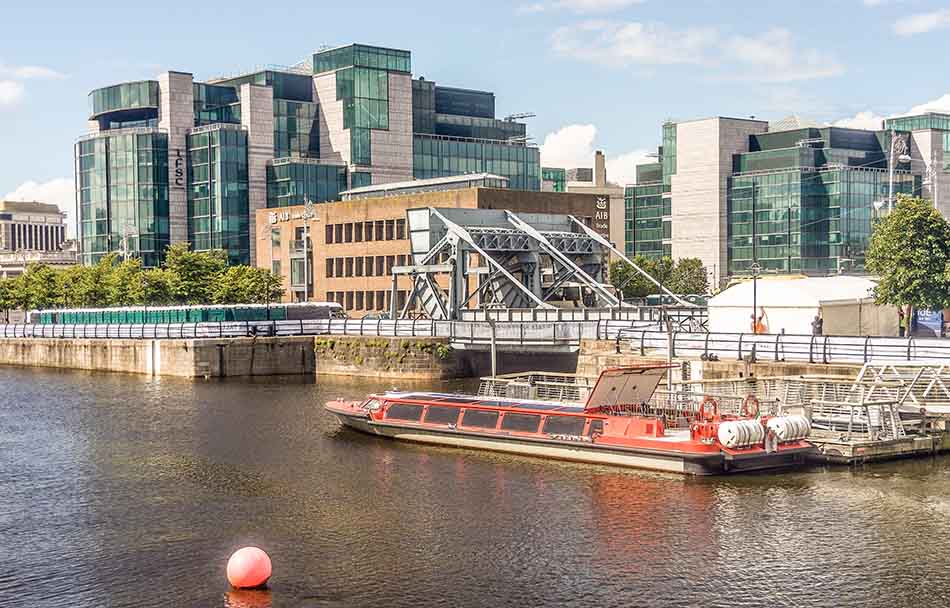
The International Financial Services Centre in Dublin (Source: Wikipedia)
Today, Ireland is home to over 300 major global corporations, including Microsoft, Intel, IBM, Dell, and Hewlett Packard. Half of the world's largest medical device manufacturers manufacture their products in Ireland. There have been many studies on the investment boom that has taken place in Ireland, but none of them have focused on the simple fact that the economic boom was due to the effective cooperation of the Irish diaspora and the government in Dublin.
The Irish diaspora is one of the largest in the world. According to the most famous researcher on the subject, Professor Christine Kinealy, there are 70 million people of Irish descent living worldwide. The largest number, 39,285,000, live in the USA. 5 million live in the UK, which is 10% of the British population. Canada has 3.48 million, which is 13% of the population. Australia has 1.8 million, which is 9.1% of the population. In early 2016, I contacted Professor Christine Kinealy and obtained this data.
Everything is calculated and researched. From Prof. Christine Kinealy I learned that diaspora studies are an important part of gaining knowledge about the diaspora and its needs. This is an important issue and it is not only a matter of university policy but it is a recommendation of the Irish government. The Irish government places great importance on cooperation with the diaspora.
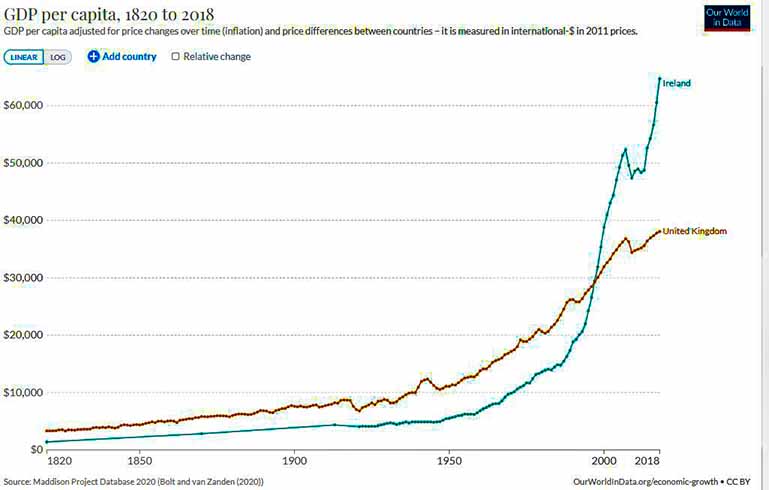
Historical GDP per capita development of Ireland and the UK (Source: Wikipedia)
The main tool for cooperation was a clear and transparent program of cooperation between the government and the diaspora entitled: "Global Irish - Ireland's Diaspora Policy". The vision of this programme is also expressed in a simple way: "Our vision is a vibrant, diverse global Irish community, connected to Ireland and to each other". This is probably the best quintessence of the political vision of why the diaspora exists. The entire document consisted of five parts and fits into just 50 pages. It is expressed by government officials, which gives it the appropriate importance. Here are its main parts:
- Emigrant Support Programme. This is a fundamental part of the entire programme, which awards grants to 210 organisations in over 20 countries on five continents. Non-profit organisations and projects have the right to submit grants. This can only be done online on the website of the given consulate or embassy. The procedure is also simple and transparent. As part of this support, you can also receive money for the sick or elderly.
- Connecting the Diaspora. The aim of this part of the programme is to provide economic assistance to the country, stabilize and raise Ireland’s international reputation. The programme promotes: “Global Irish Network” or a network of business connections within the diaspora. The role of the instigator and advocate of this programme is played by the Irish consulates.
- Tools for cooperation with the diaspora. Here we read about supporting Irish organizations and raising their substantive level so that they can participate in the social life of a given country and represent Irish interests, encouraging the development of economic forums, placing emphasis on the participation of young people in the activities of organizations, developing business networks related to Ireland.
- Awarding representatives of the diaspora and organizations with a presidential award. Annual presidential awards, ceremonial presentation of certificates of Irish heritage. These awards are prestigious.
- Constant analysis and research of the diaspora in terms of its needs. At this point, it would be appropriate to quote a fragment of an interview given by Joe McHugh, Minister for Diaspora Affairs, who said in May 2016 that "we need to know what the diaspora wants". And these are not just assurances of second or third league politicians. Joe McHugh is a leading politician in Ireland and one of three ministers in the Ministry of Foreign Affairs and Trade. Every few years, this program is meticulously modified. One of the questions was also the question "Does the Minister have any experience in working with the diaspora and have you ever lived abroad?" Ireland has 5 consulates in the USA, 12 honorary consuls and 3 professional government agencies: 2 business and 1 tourism operating in the largest cities in the USA. In combination with the Irish diaspora organizations, it is a powerful engine that powers the Irish economy.
That's it for a concise summary.
Today, the Irish MFA’s engagement with its diaspora has changed somewhat. The Minister for Diaspora Affairs is Ciarán Cannon, and his role, in addition to foreign affairs, includes trade and international development. The main document for engagement with the diaspora is Global Ireland: Ireland’s Diaspora Strategy 2020–2025 . This document is a more modern version of the 2016 one and is only 17 pages long.

The Spire of Dublin symbolises the modernisation and growing prosperity of Ireland. (Source: Wikipedia)
So there is one strong and effective centre – the minister – who regulates all matters. You don’t have to smile at anyone or seek connections, just actively work for your country. There is also an inter-ministerial committee that implements the ideas of the diaspora into the bloodstream of the Irish economy. No one deceives anyone, no one wastes anyone’s time and energy. It is worth adding that the Irish government assumes that, apart from its own diplomacy, it is the Irish diaspora, and no other, that looks after the interests of the Irish Republic.
As a representative of the Polish American community, I eagerly await the second part of Minister Sikorski's exposé, which is to concern the Polish community. Here, across the ocean, we are watching with great disbelief as the topic of "Polonia" is swept under the carpet, which has become a taboo subject in Poland. This state of affairs has continued since Ambassador Marek Magierowski effectively disarmed the Polish American community's action against the signing of the JUST Act 447 in the American parliament.
In order to connect Poles from Poland and Polonia, we need to take a serious interest in the Polish diaspora, conduct current research, know who is who and what contacts they have. Telling nonsense by journalists about a quarreling Polonia is only an act of negligence, journalistic dishonesty and lack of professionalism towards 1/3 of the Polish nation. We need to talk to us, nominate representatives of Polonia to various institutions with an advisory vote, organize debates, conferences and gather effective knowledge about the diaspora.
Translation from Polish by Andrew Wozniewicz.








